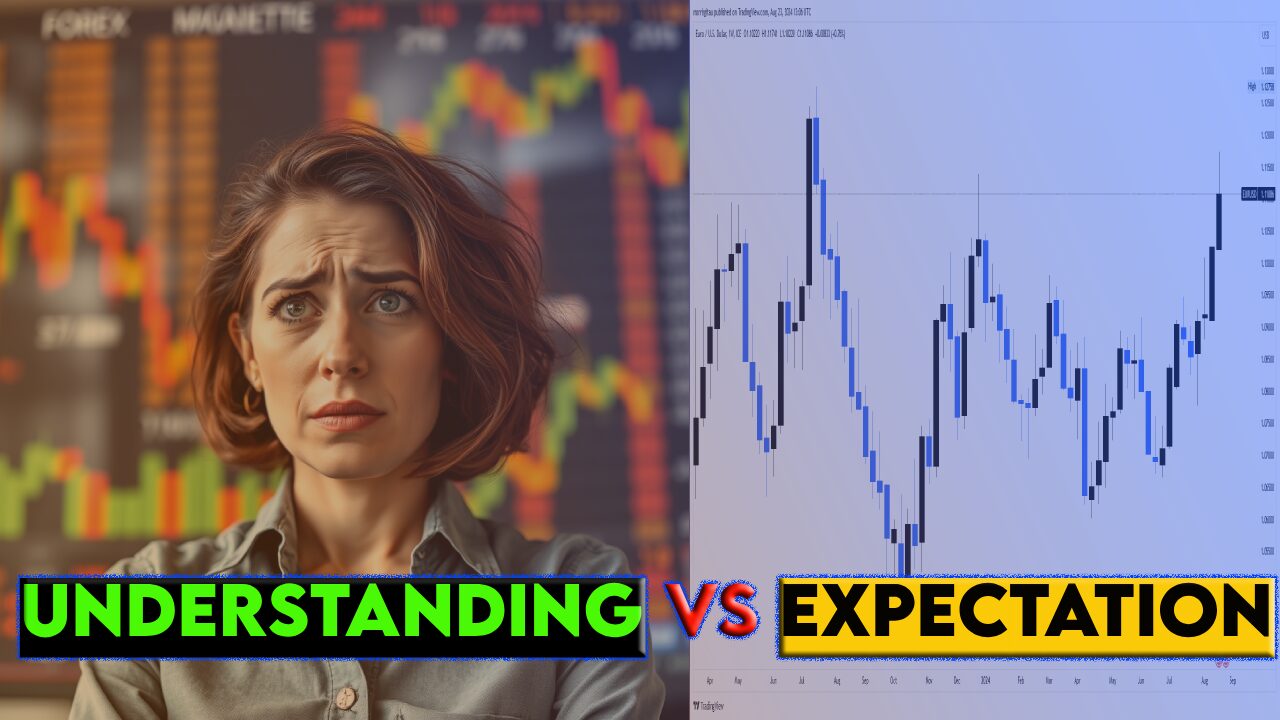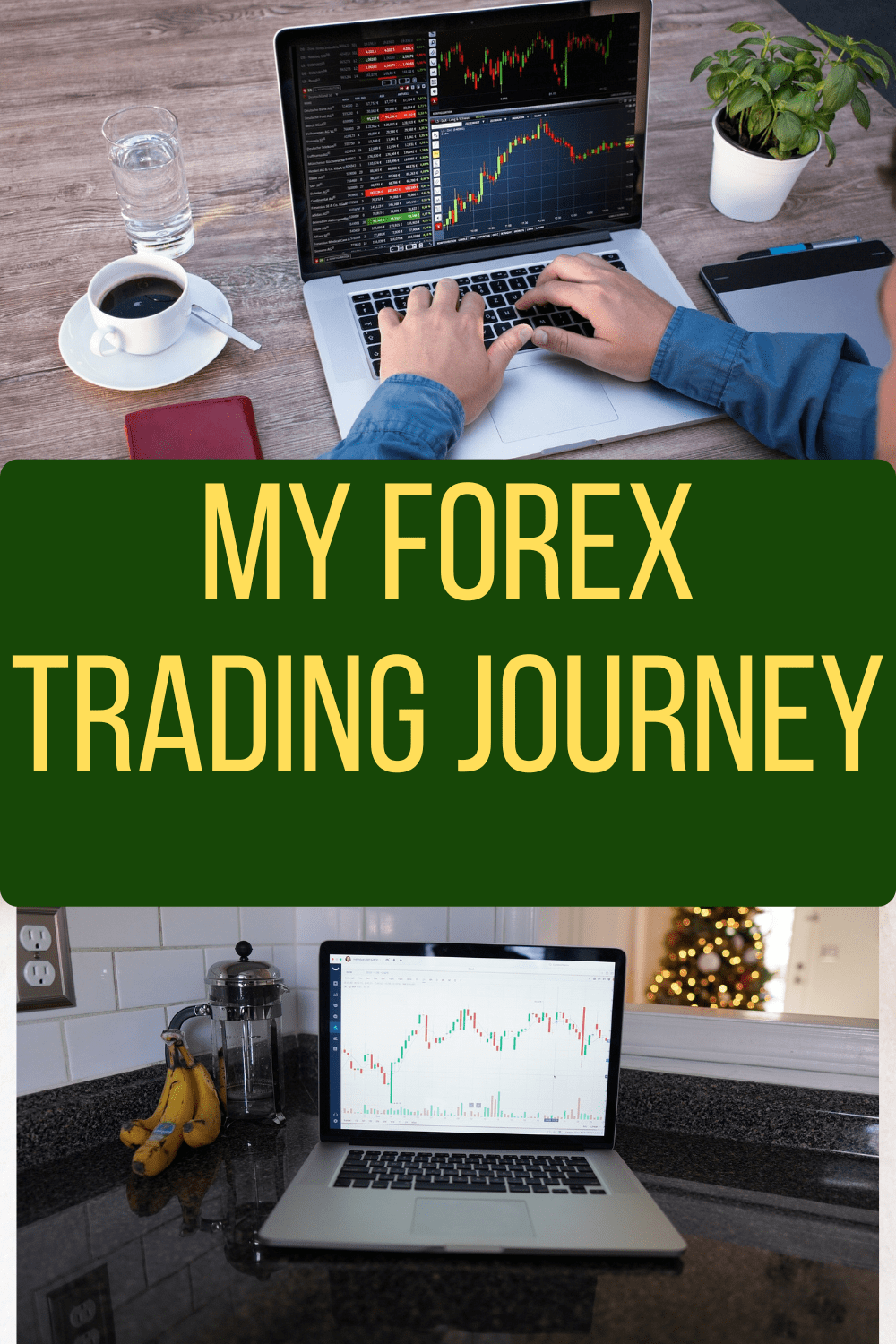Opportunities in Equities and Forex Amid Declining Global Interest Rates: A Kenyan Perspective
The economic fallout from Covid-19 continues to shape financial markets today. In response to the pandemic, central banks around the world lowered interest rates and governments implemented fiscal stimulus to support economic activity. While these measures provided immediate relief, they also contributed to rising inflation. To combat this, central banks raised interest rates to curb inflation. Although this strategy succeeded in controlling inflation, it led to higher borrowing costs, which in turn slowed down labour markets and made credit more expensive for both households and businesses.
Now in 2024, we are witnessing a new shift as several central banks, including the U.S. Federal Reserve, are cutting interest rates again—this time in response to a weakening labor market.
The Impact of Declining Global Interest Rates
The rise in interest rates across developed economies after the pandemic had a negative impact on emerging markets, including Kenya. As capital flowed out of the country, money supply tightened and local interest rates soared. For example, government securities in Kenya offered a bond yield as high as 19% in an effort to attract lenders.
However, with global interest rates now declining, financial markets are adjusting. In Kenya, this trend opens up new opportunities, especially in equities and forex markets. Lower interest rates, while initially unsettling, can create favourable conditions for investors willing to adapt.
Global investors are increasingly turning to emerging markets for higher returns as interest rates in developed economies fall. In Kenya, we are likely to see an expansion of the money market, with more lenders entering the scene. This will reduce borrowing costs for households and businesses, offering a chance to refinance debt at lower rates. On the downside, returns on government securities will likely decrease as interest rates drop, meaning lower income for those relying on such investments.
Opportunities in Emerging Markets: A Kenyan Perspective
Declining global interest rates usually translate into cheaper credit and increased liquidity. This influx of liquidity can lead to more investment in stock markets, and Kenya’s Nairobi Securities Exchange (NSE) could benefit from a surge in foreign capital. Increased demand for Kenyan equities is likely to drive up share prices, creating opportunities for local investors to achieve capital gains.
With bond yields declining, many investors will likely shift to equities that offer stable dividends. Kenyan companies like Safaricom and Equity Bank, which have a strong track record of delivering consistent dividends, are expected to attract both local and international investors. The resulting increase in demand for these stocks could boost their prices, making them appealing investment options.
Another area for growth is in forex investments. Although the forex market is often seen as high-risk, it presents a significant opportunity for wealth growth and diversification. Kenyan forex brokers have developed platforms that connect investors with experienced traders, offering a marketplace where investors can earn passive income. As returns in other sectors decline, the forex market may become an increasingly attractive option for Kenyan investors looking for diversification.
Conclusion
While a global decline in interest rates may seem daunting, it creates unique investment opportunities in Kenya, particularly in equities and forex markets. Investors who are agile and can adapt to the shifting landscape stand to benefit significantly. As always, thorough research and strong risk management are crucial to making informed investment decisions in this evolving financial environment.


